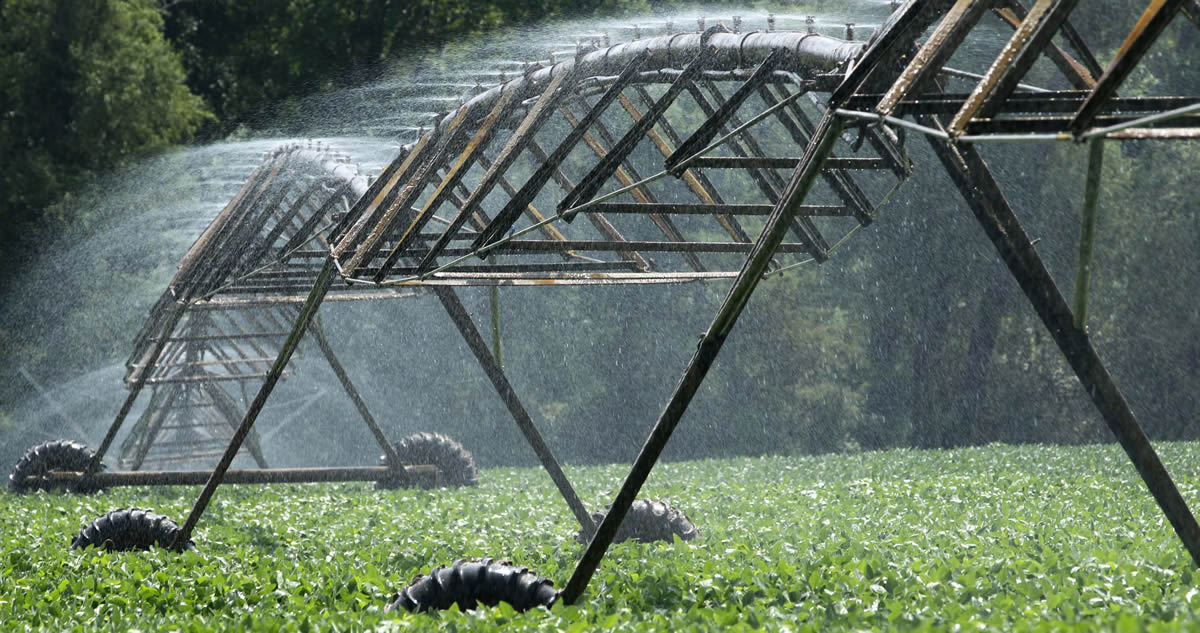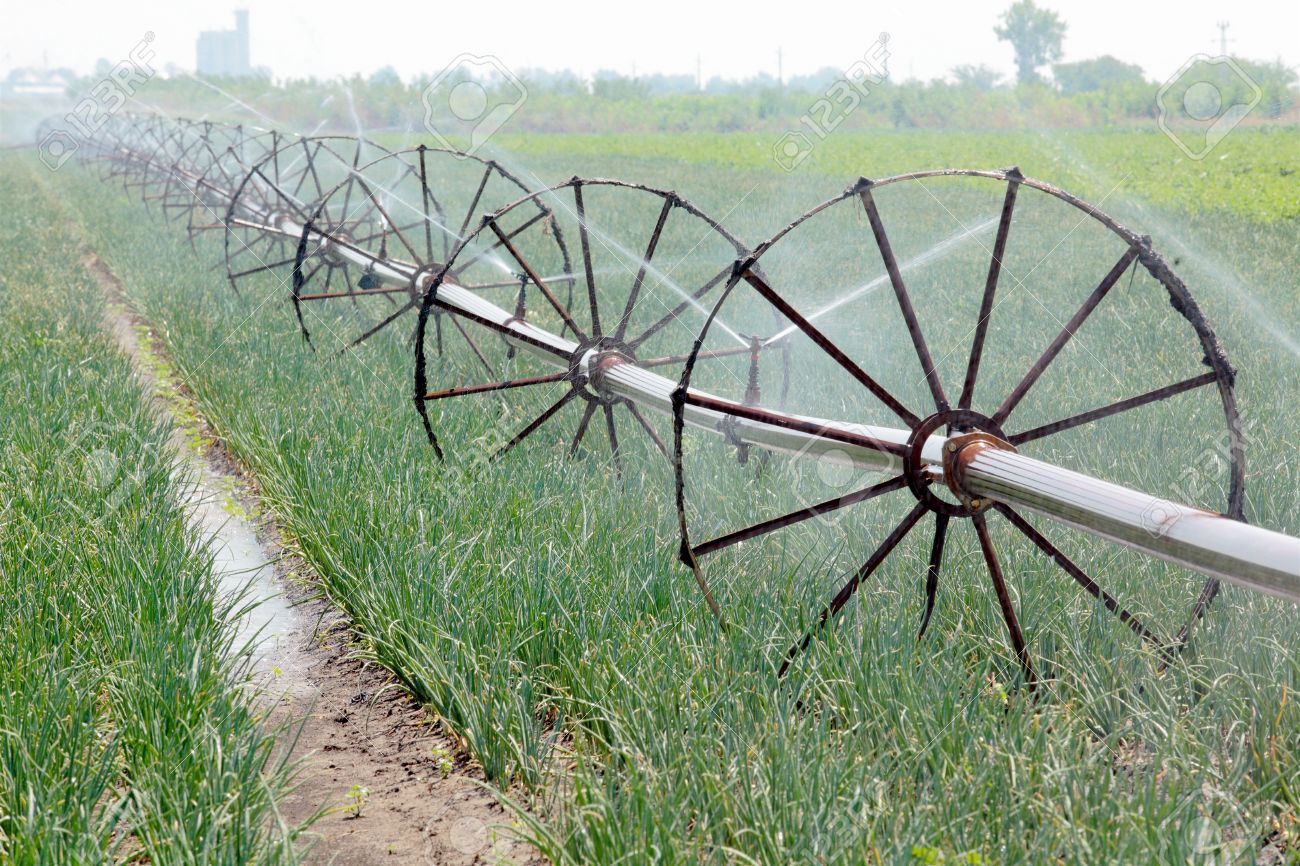Automatic Irrigation Watering Systems
Automatic irrigation watering systems are based on irrigation controllers and smart sprinklers that can help you get the most out of your crops. These irrigation sprinkler controllers also help reduce water consumption, and simplify home garden and lawn care.
These systems draw on data from weather forecasts, sensors, and plant-care databases instead of fixed timers, in order to determine watering needs.
This way, these automatic irrigation watering systems are able to deliver at just the right time just enough moisture. Even more, you can use web and mobile apps to check up on your plants from anywhere in the world and to lower your water bill.
How To Culinary Herb Garden explains that automatic irrigation watering systems are gadgets that can make our life easier. Especially for those who travel often, automatic irrigation systems are very convenient.

If properly installed and programmed, in the long run they can save you money. But, according to FabatHome it might be difficult to decide on the best automatic irrigation watering system. We will discuss here the main types.
Drip Irrigation
A drip irrigation system delivers water directly to the plant’s root zone in steady and slow increments through hoses and tubing, releasing the water through inline emitters, bubbler nozzles, or micro-sprayers.
Such kind of automatic drip irrigation watering system is the best choice in case of difficult soils.
Pros:
- Drip irrigation systems use 30 to 50 percent less water.
- Water is easily absorbed even in clay or sand soil. There is no runoff or waste
Cons:
- The filters need periodic flushing in order to prevent mineral buildup and clogging.
- Improper installation of a drip system can cause damage to the tubing and may lead to dieback and poor root development.
- There is the risk of animal damage
Spray Systems
Automated spray systems are combination of valves, a controller, and sprinklers or sprayers. They have the role to distribute the water. Spray systems offer a choice of shrub-style sprinklers or pop-up.
The pop-up style only rises up as the sprinkler is turned on and being installed below ground. Basically, Shrub-style sprinkler bodies applied to water areas with dense. It also, tall shrubs also mounted on vertical pipes above ground as well.
Recent advanced technology blurred the line between rotor head and spray head bodies. For this reason you can find various styles in both systems.
Pros:
- A spray sprinkler system allows a high application rate, watering garden or yard areas in a short period of time.
- Systems can be easily upgraded and customized.
- No need to drag garden hoses around
- No risk to get hoses caught under automobile tires
Cons:
- They work the best in flat terrain and not suitable for a steep incline or a sloped yard.
- They are less effective on certain soil types, such as sand and thick clay.
Rotor Systems
Automated rotor systems work almost the same as spray systems, with the difference the rotor heads use a rotating stream of water distribution. This system is usually suitable for larger landscape areas.
Pros:
In general, rotor systems are more effective in distributing water more precisely and evenly. They are effective at watering odd-shaped areas, non-absorbent soils, or sloping lawns due to their great flexibility.
Cons:
Since the jet stream distribution is dependent on higher water pressure, a rotor system might not be suitable in case that you experience low water pressure.

Professional installation
Always hire a qualified and licensed plumbing contractor. Selecting an automatic irrigation watering system is a complex task and seeking help from a professional is always recommended.
Irrigation plumbers are experts in soil types, plant water requirements, proper sprinkler system layout and hydraulics. Their expertise and skills can help ensure years of trouble-free operation and a water-efficient system.
Here are some recommendations to follow in order to ensure the contractor you hire is well qualified for the job:
- Ask for liability insurance proof.
- Check for a valid certification / license.
- Beware of low bidders as they may take costly shortcuts.
- Ensure prior to submitting a bid. Each contractor inspects your property.
- Talk to local references.
- You have to ensure the contractor, he will get the proper permits.
- In order to protect your drinking supply ensure that the contractor will install the backflow preventer.
We hope this Automatic Irrigation Watering Systems article has been help to you. If you have any quiestions please leave a comment below.




